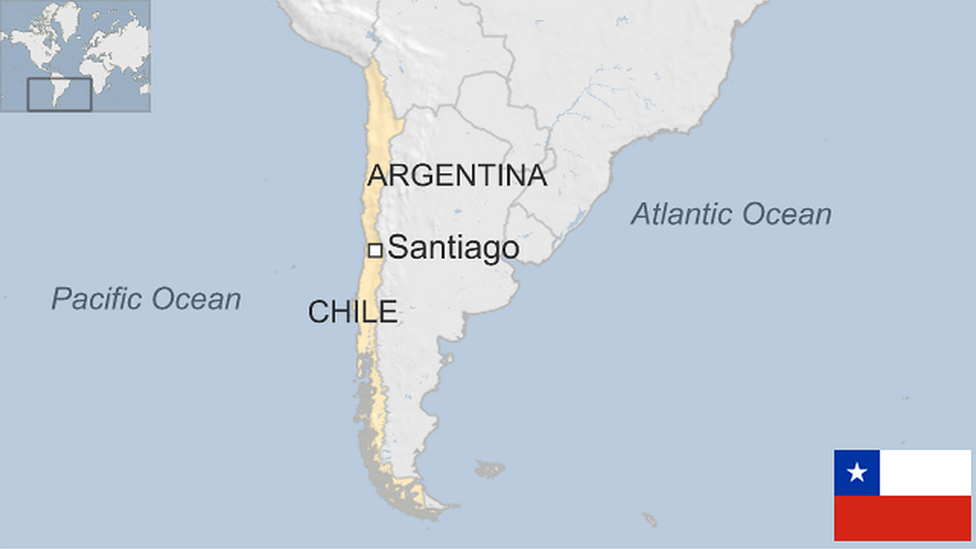Chile presidential candidate Pablo Longueira resigns
- Published
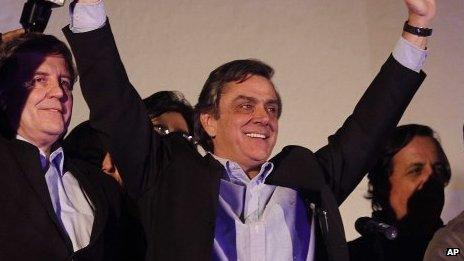
Former conservative candidate Pablo Longueira advised Gen Pinochet's regime
Chile's conservative presidential candidate, Pablo Longueira, has withdrawn from the election campaign.
His son, Juan Pablo Longueira, told reporters the politician had been suffering from depression since winning the primary elections.
President Sebastian Pinera's governing alliance is expected to choose Mr Longueira's replacement on Thursday.
Former left wing president Michelle Bachelet is favourite to win on 17 November, opinion polls suggest.
Former finance minister Pablo Longueira defeated former defence minister Andres Allemand in the conservative Alianza bloc primaries, nearly three weeks ago.
'Painful effort'
Mr Longueira's son had said following his primary victory that the candidate was battling depression.
"His [Mr Longueira's] health has been deteriorating as a consequence of a clinical picture of diagnosed depression. We have witnessed the huge and painful effort that he has made to overcome this situation and respond to the presidential challenge," Juan Pablo Longueira told reporters.
Pablo Longueira also served as a adviser to General Augusto Pinochet's regime in the 1980s.
His UDI party praised the former candidate and called for a meeting on Thursday to decide on how to replace him in the race.
His resignation is likely to trigger a leadership crisis among the conservatives, as he is not the first candidate to quit this year's presidential race, the BBC's Ignacio de Los Reyes in neighbouring Argentina says.
In April, former public works minister Laurence Golborne, who gained popularity for leading the 2010 rescue of 33 miners in the Atacama desert, was forced to leave after a financial scandal.
Ms Bachelet remains the front runner and is still considered one of Chile's most popular politicians, our correspondent says.
She has spent the past three years in New York as head of the United Nations gender equality agency.
Chilean politicians are prevented from serving consecutive terms.
President Pinera became Chile's first right-wing leader in 20 years when he was elected in 2010.
However, he has seen his popularity drop sharply since then, and in last month's local elections his centre-right alliance lost some key races, including in the capital Santiago.
- Published1 July 2013
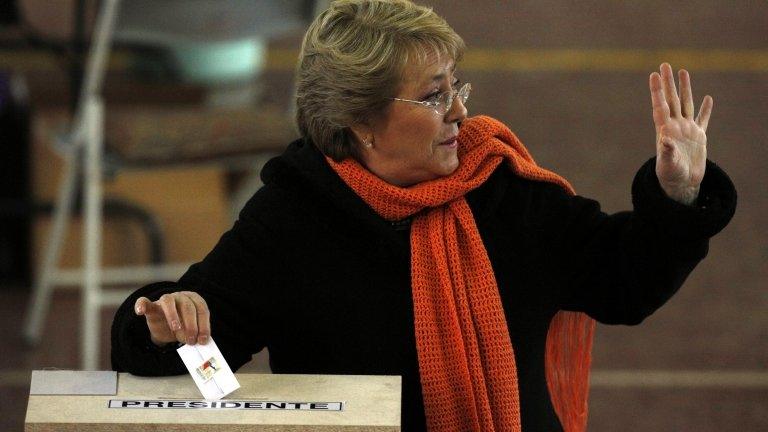
- Published29 October 2012
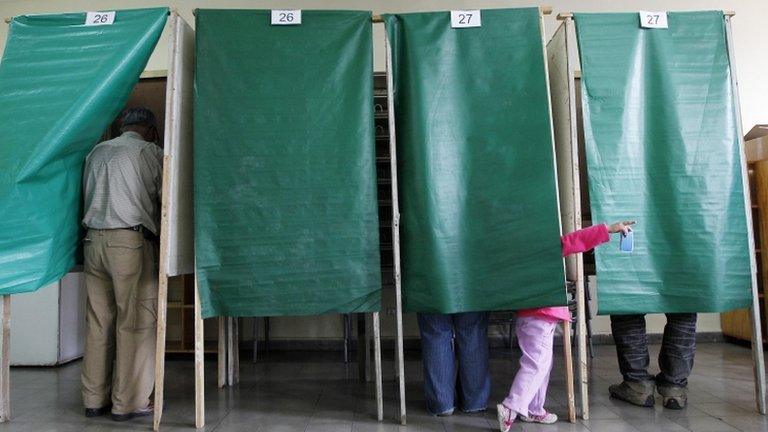
- Published27 October 2012
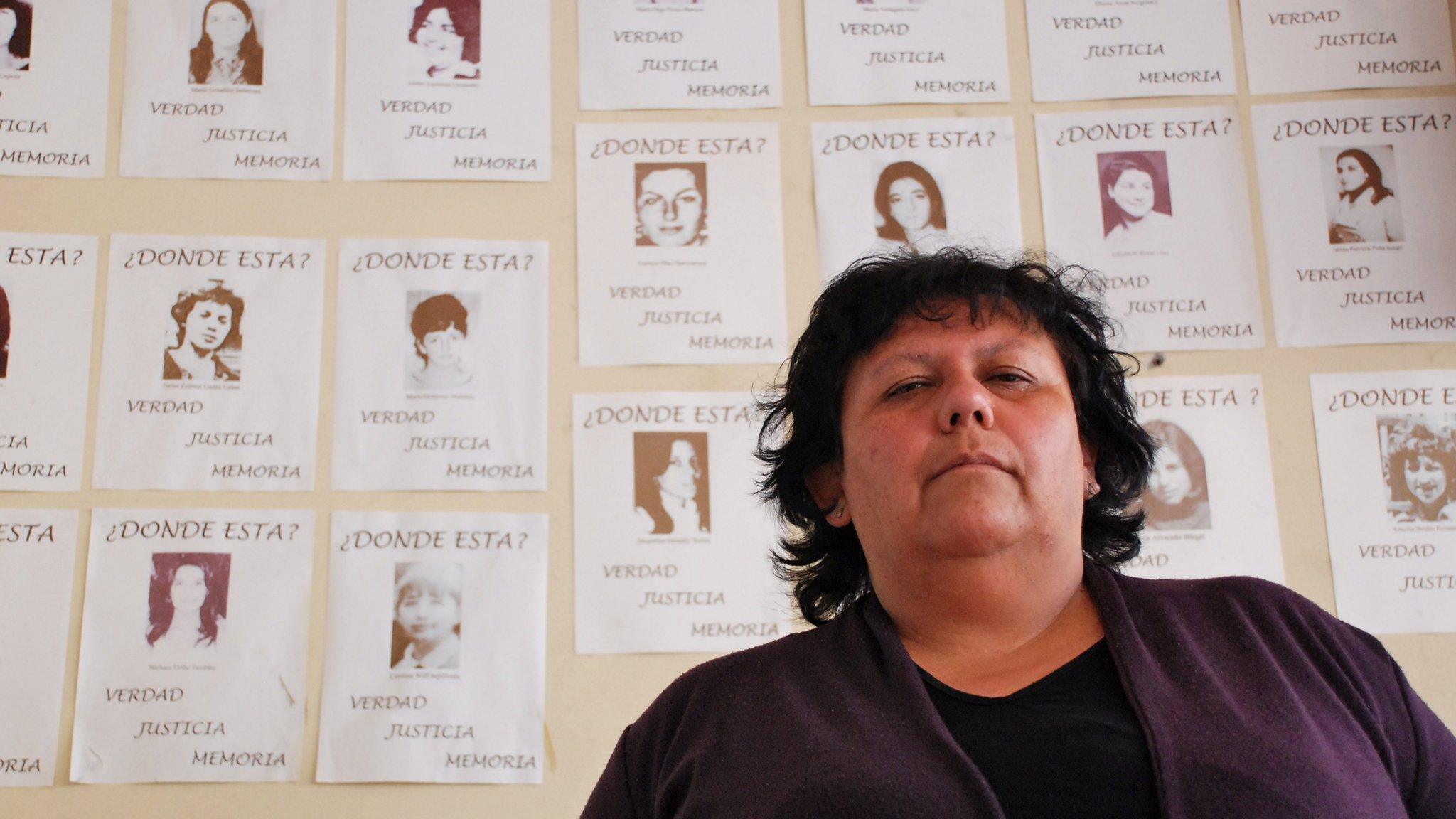
- Published11 December 2023
